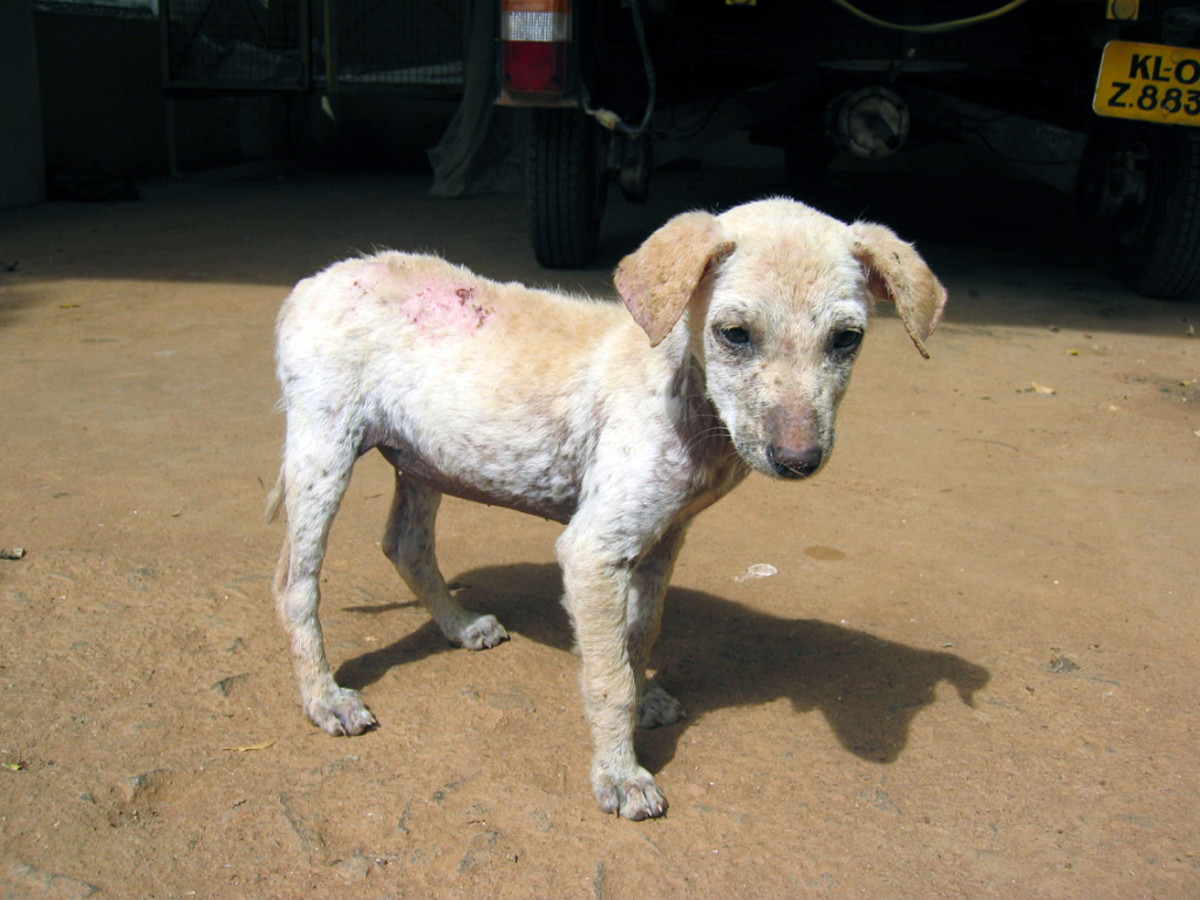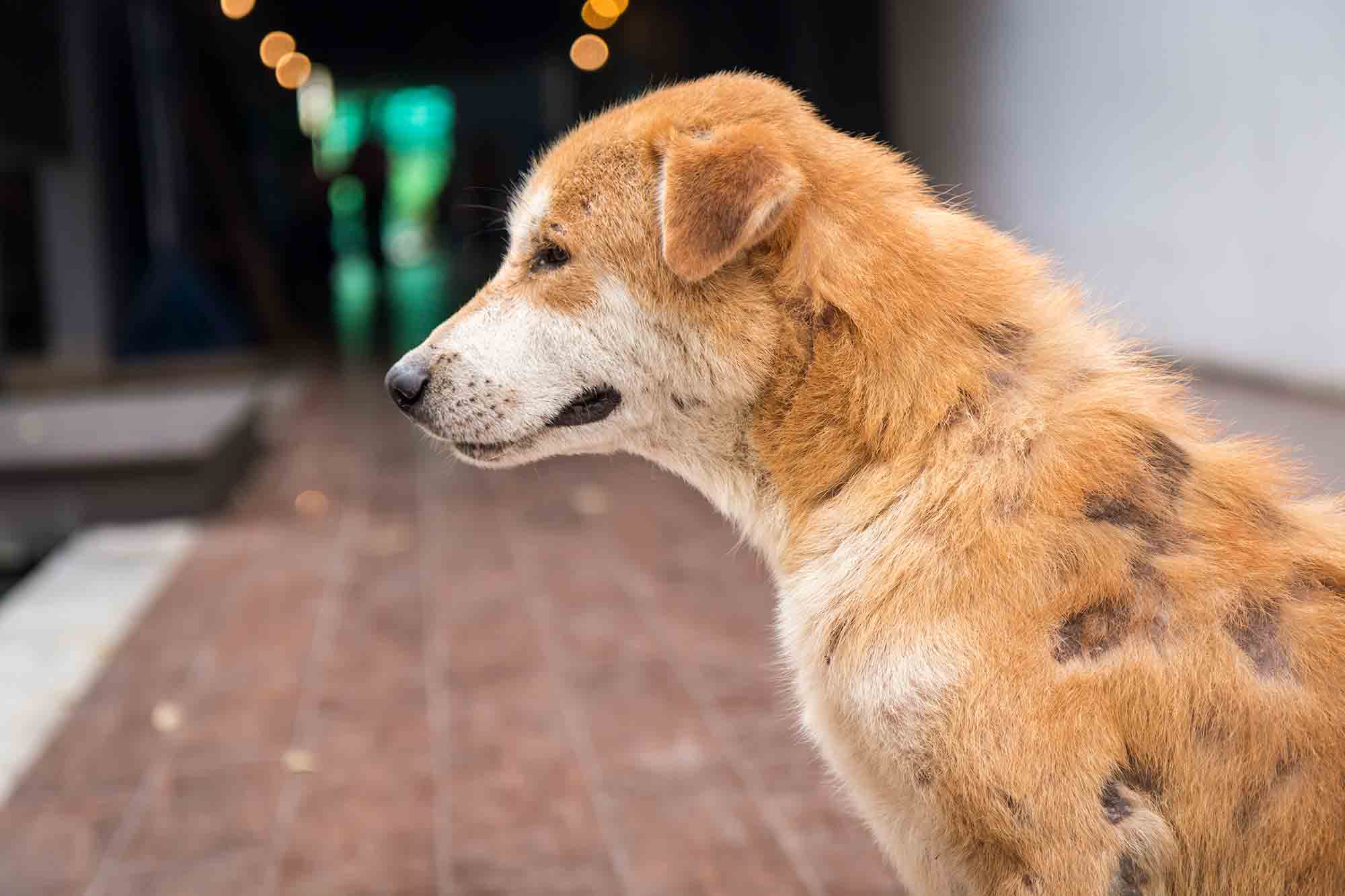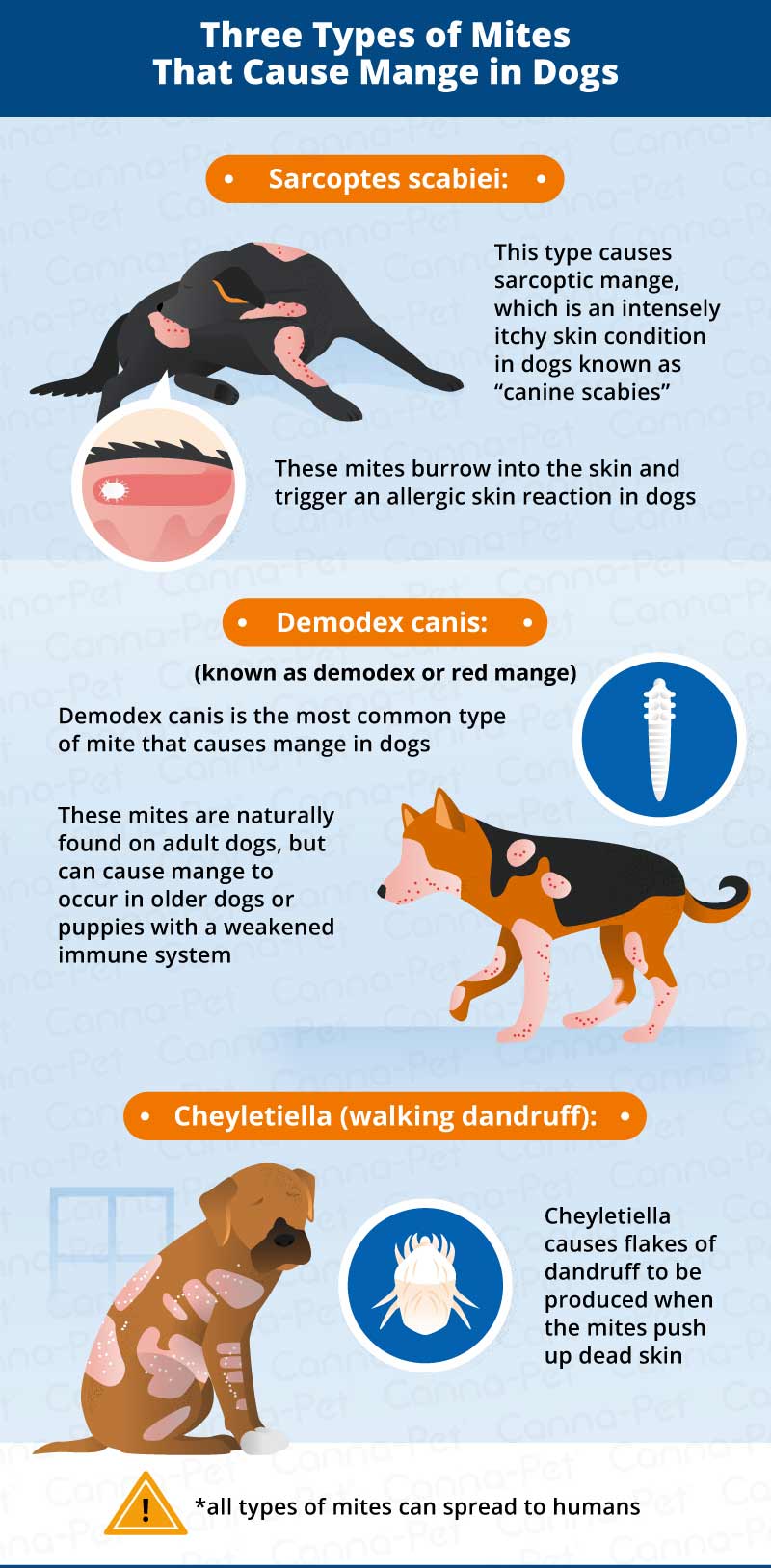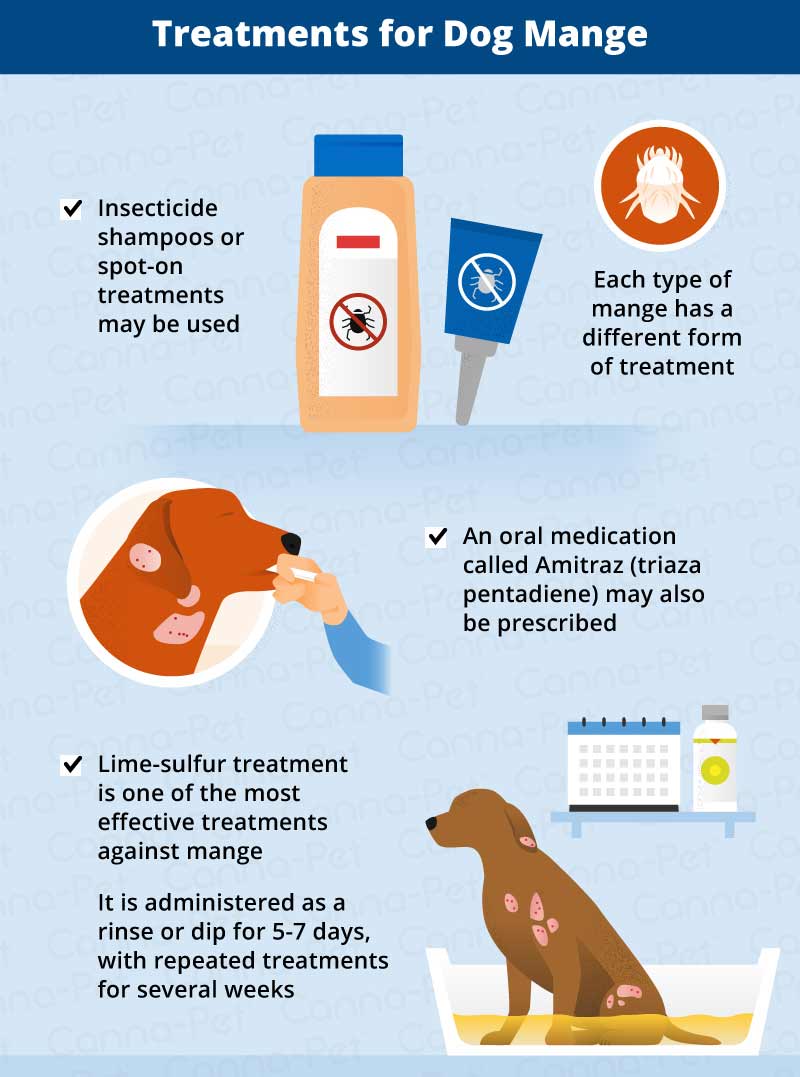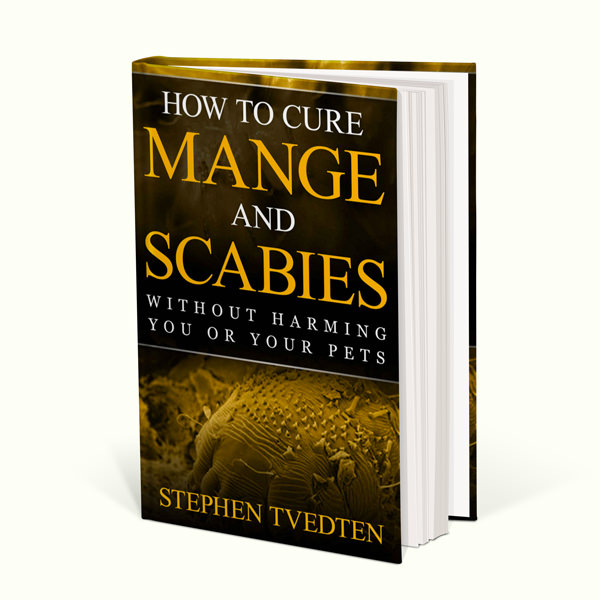Great Tips About How To Cure The Mange

If your dog has generalized demodectic mange, the next step will likely be whats known as a dip.
How to cure the mange. This will relieve the itching [source: Symptoms include crusts, scaling, redness of the skin, and hair loss. Sarcoptic mange , which is also known as scabies, is caused by sarcoptes scabiei.
Several medications are effective against sarcoptes. If its localized demodectic mange, so not yet covering the majority of the body, the mange will likely resolve on its own. Diagnosis mange treatment in dogs what is the best home remedy for dog mange?
Sarcoptic mange may occur in any dog at any age. Your veterinarian will discuss the best treatment for. It’s also sensible to avoid areas that have a large population of foxes.
Preventing mange in squirrels squirrels with mange are best helped by avoiding the problem in the first place. Bring your dog to the vet. Keep your dog in a clean and safe environment.
If you suspect that your dog has mange, the first thing you should do is take him to the. This will reduce the bacterial infection [source: Schedule an exam with your local vet for an official diagnosis to find out what kind of mange your dog has, and how to best treat it.
A presumptive diagnosis may therefore be made based on clinical signs. Applied to the skin, calamine lotion may also help soothe itchy or irritated skin. Provide nutritious and balanced meals.
Baths in medicated shampoos on a weekly basis will help heal and soften skin. Mange is a skin disease that’s caused by a particularly prolific parasite called a mange mite. Likewise, it is important to know how to clean dog ears and other parts of the skin effectively in order to prevent infections.
Wash your hands with soap and water when you’re done. Scabs and crustiness open sores and secondary skin infections possible swollen lymph nodes other signs mange is causing your dog’s itching is… treatments for allergy relief or skin irritations don’t work in sarcoptic mange, small. This type of mange is less common than demodectic mange, and typically affects homeless dogs, who are suffering and neglected.
Home care prevention outlook mange is a term for skin conditions caused by a species of mites in certain animals, such as dogs and cats. Causes generally, it is not recommended to treat mange at home. All the other tests of isoxazolines, sarolaner, afoxolaner, and afoxolaner plus milbemycin oxime, demonstrated high efficacy against canine sarcoptic mange after a monthly dose, and all the products tested led to parasitological cure [16, 17, 19, 20].
Just because no mites are seen does not mean your dog does not have sarcoptic mange. Treatments for both forms of mange include several strategies: The best way to prevent mange is to regularly treat for fleas, this is because many flea treatments are also effective against mange.


